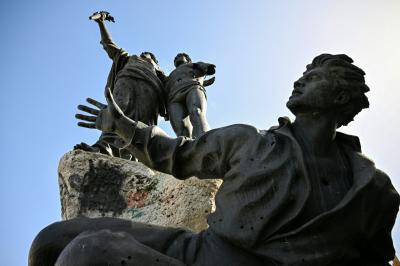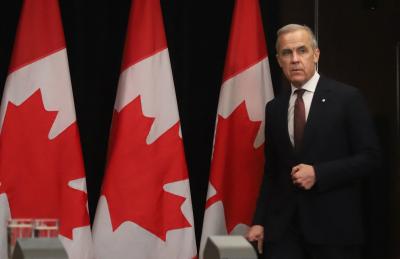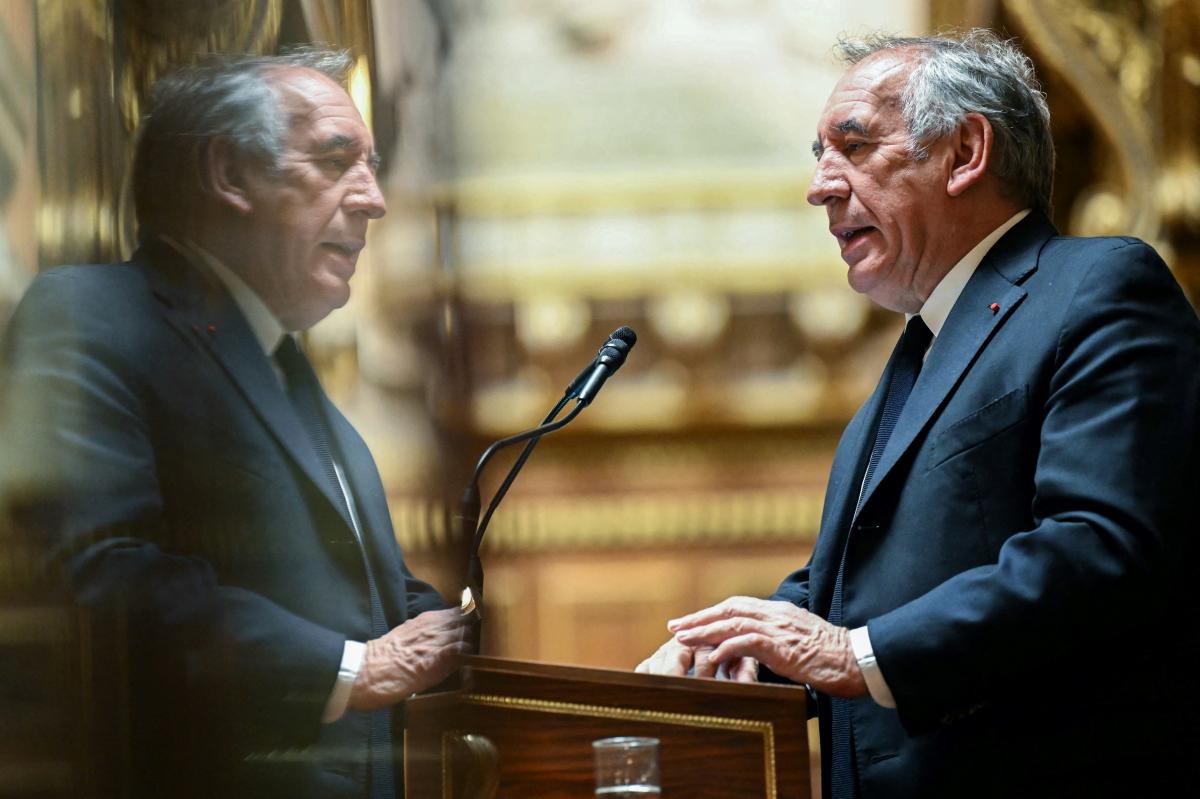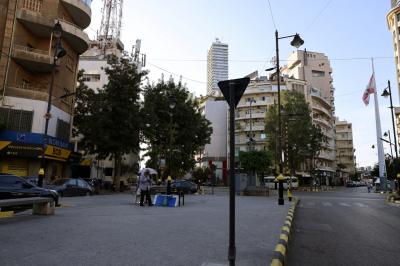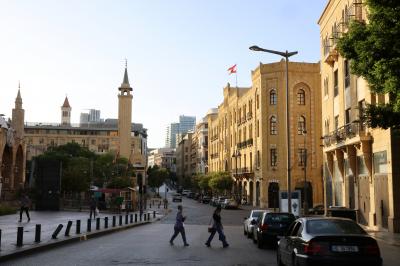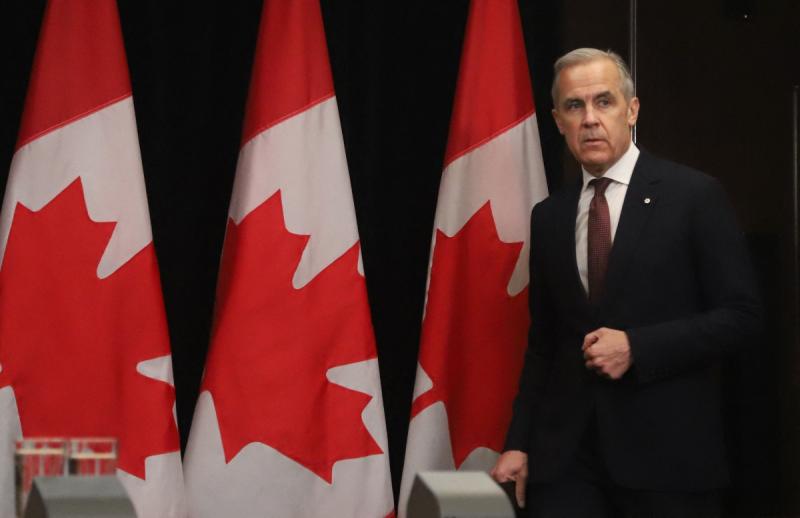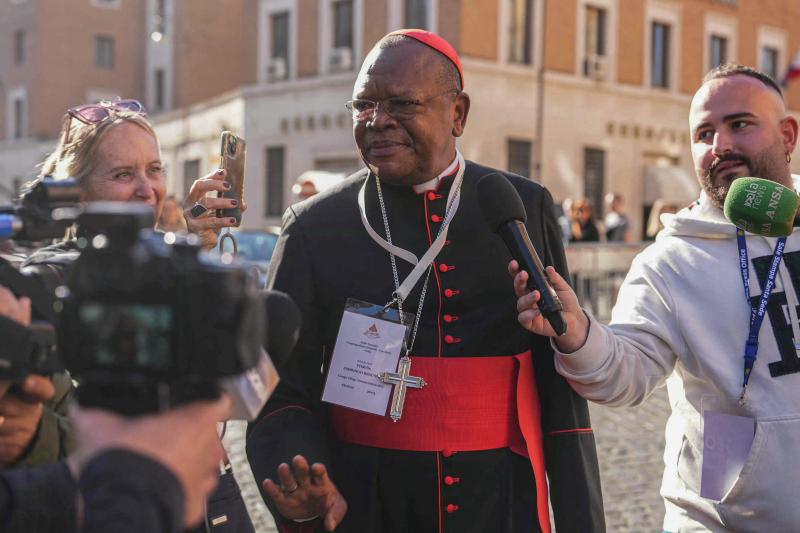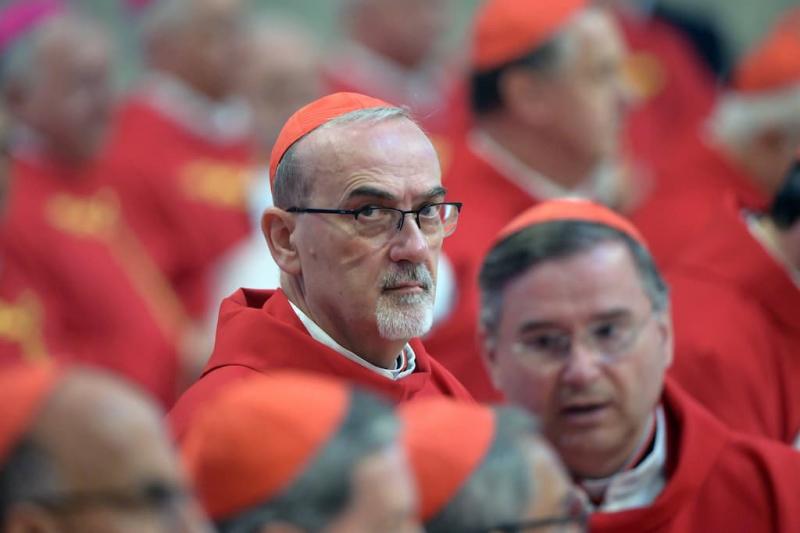Generous, unifying, and exhaustively humanist—such are the words that could describe French Prime Minister François Bayrou’s address to the National Assembly. For an hour and a half, Bayrou delivered what could be called a “Christian Democratic blueprint,” listing France’s many challenges, though at times veering into extreme confusion—so much so that he lost track of his own speech! His address, at moments, was marked by palpable monotony.
"We will not experience a great revolution overnight… but we must move from despair to a glimmer of hope," Bayrou ventured in his closing remarks. He also recalled that "there is no politics without risk," citing former French Prime Minister Pierre Mendès France. And risks, Bayrou is certainly taking.
Retirement Reform: A Political Gamble
He has given unions and political parties three months to amend the controversial pension reform bill. This law, which raises the retirement age from 62 to 64, has faced strong opposition from a majority of French citizens for months. By comparison, the actual average retirement age is 66 or older in most European countries with available OECD data.
Yet, the left-wing parties and the far-right " National Gathering " (RN) refuse to accept this reform. With no parliamentary majority, Bayrou is reopening a legislative battle that could end in a no-confidence vote, toppling both him and his government. The French political crisis remains as acute as ever, with stability appearing more illusory than real. The Socialist Party and the radical left-wing "La France Insoumise" (France Unbowed) are preparing to table a motion of no confidence. Meanwhile, RN holds the key to Bayrou’s political survival. France's political arena is holding its breath—this deadlock could last for weeks.
A Financial Storm on the Horizon
Beyond the political turmoil, France is also on the brink of a financial crisis. The government plans to cut public spending by €32 billion while increasing taxes by €21 billion. But will that be enough to reassure financial markets? Paris still needs to borrow over €300 billion this year to cover its towering annual deficit, expected to range between €180 billion and €200 billion in 2025. The outlook is uncertain.
Economic concerns are mounting, with France’s growth forecast revised downward to 0.9%—a fragile threshold that could either keep the economy afloat or tip it into recession. In both scenarios, it signals lower tax revenues for the state budget, making France’s fiscal balancing act even more precarious. The country has yet to approve its 2025 budget, as repeated government collapses have stalled proceedings. Global financial markets are growing impatient, and the yield gap between French and German bonds is widening—to Paris' detriment. At this moment, France is seen as a less reliable financial bet than Spain, Portugal, or even Greece, as reflected in borrowing rates.
François Bayrou is playing the riskiest political gamble of his career under the Fifth Republic. Whether he emerges victorious or is swept away by the crisis remains to be seen.
 Politics
Politics

